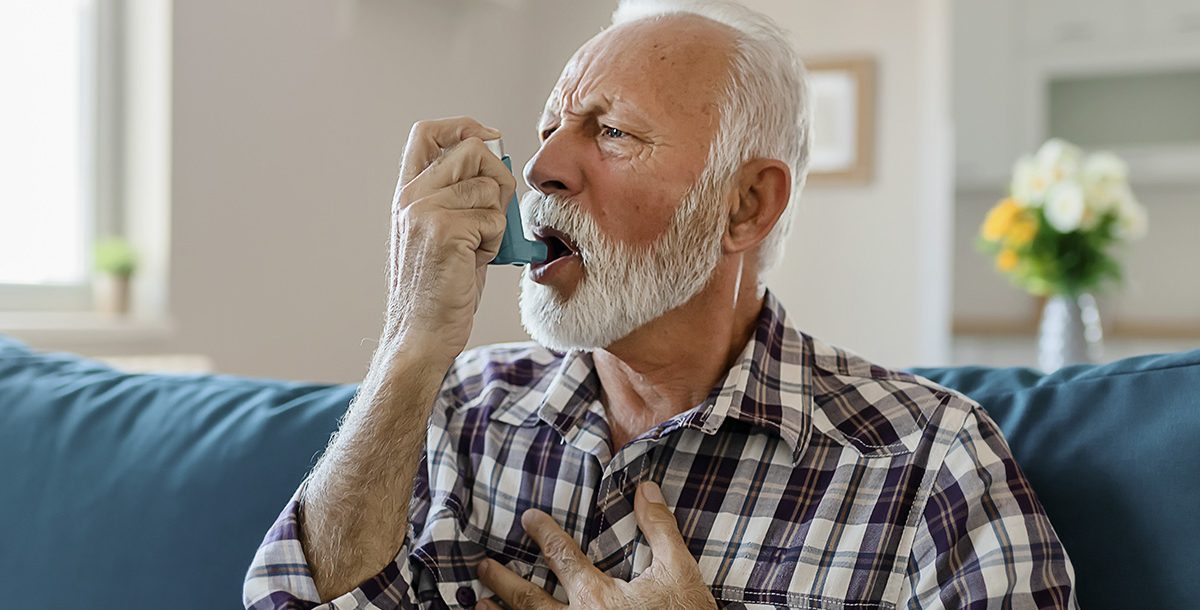If you have asthma, it’s best to be very careful about not exposing yourself to COVID-19. While you probably don’t have a higher risk of contracting this virus, you may be at higher risk for getting very sick from it.
Because COVID-19 can affect your nose, throat and lungs, the virus may cause you to have an asthma attack. It might also lead to serious conditions such as pneumonia and acute respiratory disease. To avoid these problems — or if you feel you’ve been exposed to COVID-19 — here’s what you need to know.
Follow your asthma action plan
Keep taking your asthma medication as directed. Talk to your health provider about extending your prescription so you can have a multiple-month supply on hand. This allows you to avoid making extra trips to the pharmacy. And if you do get sick, you’ll have enough medication to last while you stay at home.
While the COVID-19 pandemic initially led to a shortage of albuterol inhalers, the FDA approved a generic albuterol inhaler in April. This should make it easier for you to obtain inhalers when you need them. Talk to your care provider if you have any questions.
Watch for symptoms
You should watch for the same COVID-19 symptoms as people without asthma. The most common symptoms are:
- Chills or fever
- Cough
- Difficulty breathing or shortness of breath
- Fatigue
- Headache
- New loss of taste or smell
- Muscle pains or body aches
- Sore throat
If you develop any of these symptoms, call your primary care provider right away. They’ll advise you to stay home to avoid putting others at risk. You’ll monitor your symptoms and keep your provider updated. They may ask you to come into the office or visit the emergency room if your symptoms get worse.
Take precautions
To avoid exposing yourself to COVID-19, follow the same safety guidelines the Centers for Disease Control and Prevention (CDC) recommends for everyone. These include washing your hands often and keeping your hands away from your face. Also wear a face mask in public — it’s safe for people with asthma to do this.
Be especially careful about being around people. Practice social distancing by staying at least 6 feet apart from others not in your immediate household. Some tips include shopping during off-hours and having items delivered to your home. When you do shop, think ahead and buy more items so you make fewer trips to the store. When possible, avoid public transportation and places where a lot of people gather.
Finally, if someone in your home is sick, have them isolate themselves from you and others in the house.
Ask someone else to do the disinfecting
Because your asthma may make you more sensitive to cleaning products, have someone without asthma disinfect and clean when possible. For your safety, they should:
- Make sure you’re not in the room.
- Avoid using disinfectants that can trigger an asthma attack.
- Ventilate the room by opening windows and doors. Use a fan to push the air outside.
- Spray the cleaner onto a cloth or paper towel instead of directly on the surface they’re cleaning.
- Clean and disinfect items everyone touches. These include phones, light switches, keyboards, toilets, faucets and doorknobs.
Stay updated on what Mercy Health is doing related to COVID-19.






